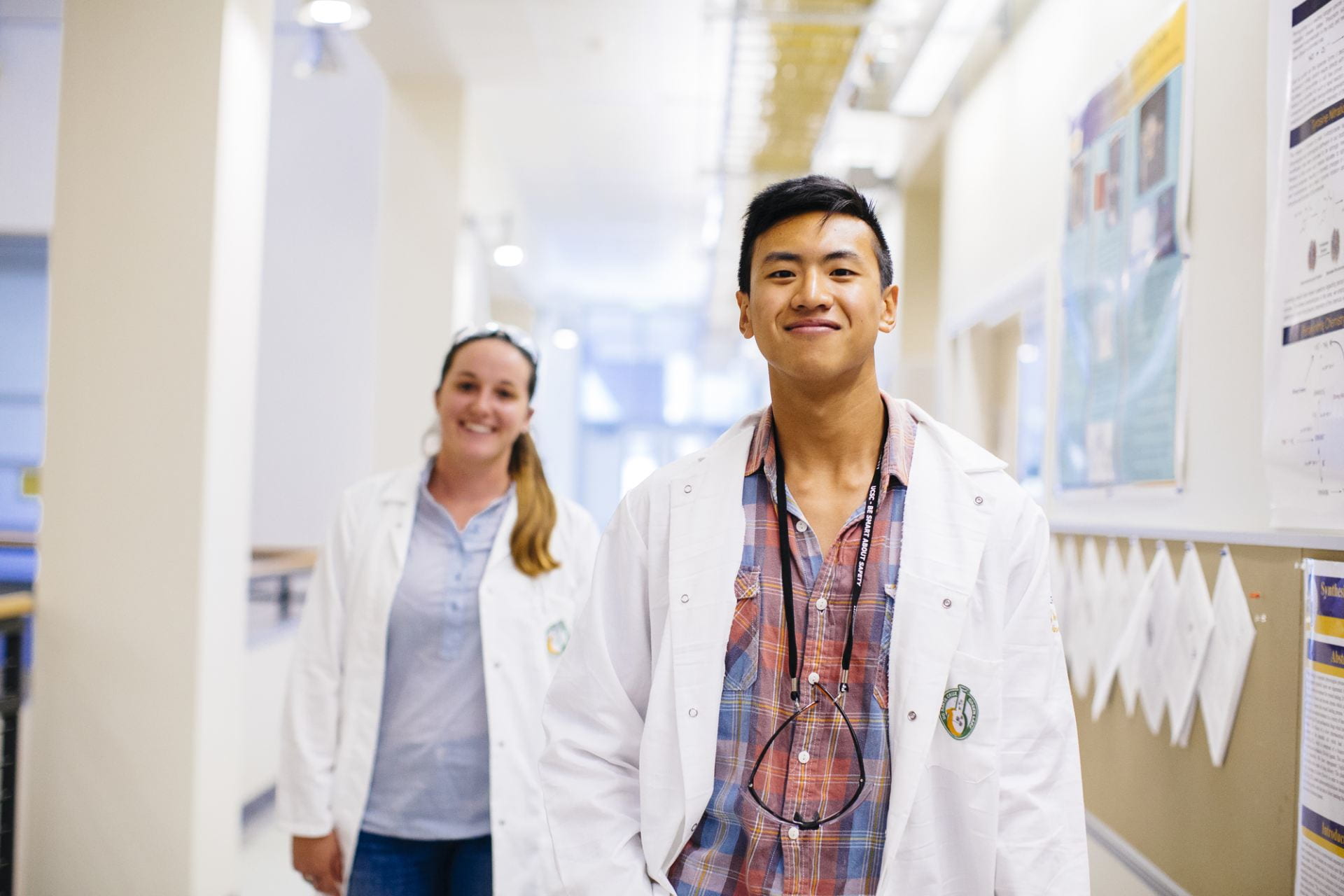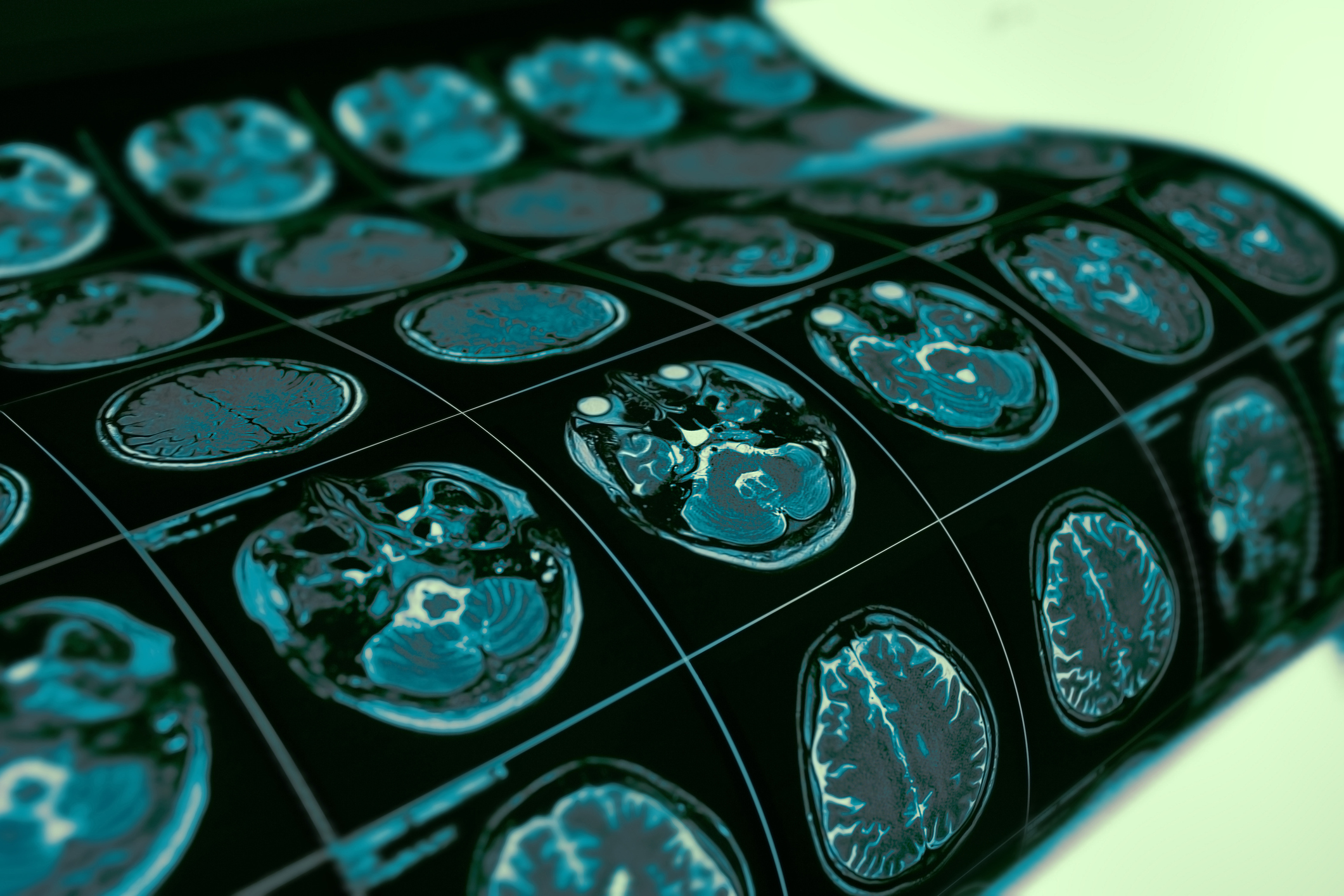
Global and Community Health at UC Santa Cruz aims at improving health and reducing health inequalities both locally and globally. We are an interdisciplinary program that bridges the sciences, social sciences, engineering, humanities, and arts with shared commitments to health justice and the development of community partnerships.
a collaborative, interdisciplinary program
Discover health justice through our degree offerings.
Academics

B.A. program
This degree is appropriate for students interested in careers ranging from medicine, nursing, dentistry, and pharmacy to public health and environmental health work in governmental agencies, to global health and community health work with non-governmental organizations, law firms, and universities.

B.S. program
This degree is appropriate for students who aspire to a wide range of careers in direct patient care or the science of medicine. Students choose between two concentrations—the biomedical concentration and the public and community health concentration.
In both degree programs, B.A. and B.S., students are required to complete a capstone course entitled ‘Global and Community Health Task Force’ (GCH 190) in which they work in interdisciplinary teams to research a real-world health challenge and collaborate in writing a report that recommends responses.

Research
Bringing our faculty and students together across all five academic divisions, research in the Global and Community Health program is centered on a shared commitment to social justice and health.
We connect global health lessons with local needs right here in Santa Cruz and Monterey Counties.
Faculty
Our faculty are committed to the value of interdisciplinary learning, as well as to the possibilities of connecting teaching and research with public health concerns beyond the university.
We benefit from a truly collaborative interdisciplinary program, where we all collaborate and learn alongside students and faculty from multiple departments.

Global and community health campus news
 Global & Community Health, Latin American & Latino Studies, Social Sciences
Global & Community Health, Latin American & Latino Studies, Social Sciences
Helping health care providers navigate social, political, and legal barriers to patient care
A new case study in “The Lancet” offers tips for health system leaders on how and when to call in outside resources and organizations
 Biomolecular Engineering, Chemistry & Biochemistry, Electrical & Computer Engineering
Biomolecular Engineering, Chemistry & Biochemistry, Electrical & Computer Engineering
Revealing the secrets of the human brain
UC Santa Cruz research innovations and academic programs advance brain and mental health.
 Computer Science & Engineering, Electrical & Computer Engineering, Engineering
Computer Science & Engineering, Electrical & Computer Engineering, Engineering
Scheduling smarter: Combining technology and policy for more pleasant, equitable commuting
As housing costs push workers farther from their jobs, UCSC researchers are developing smart scheduling technology to ease commutes and reduce traffic in Santa Cruz. By combining real-time data, public policy, and community input, the project aims to create a more equitable and sustainable public transportation system.
Program updates
Events
Visit the UCSC events calendar for a list of all upcoming events


